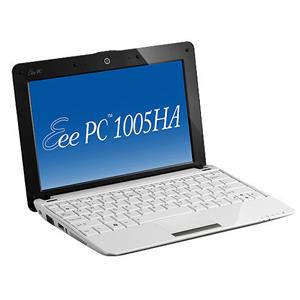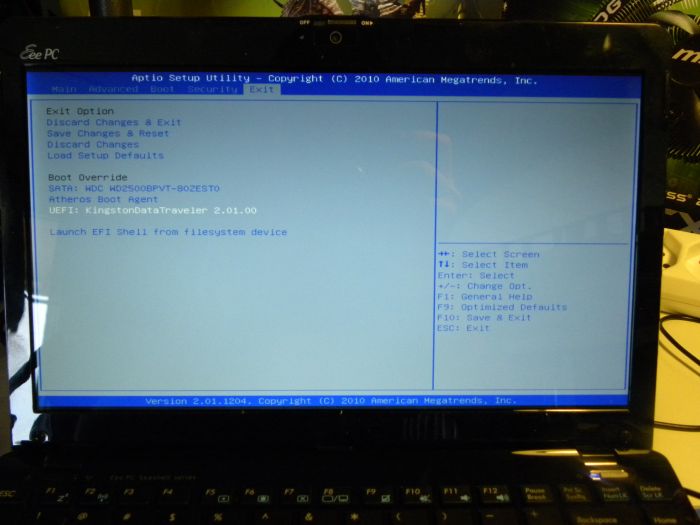

In and, the situation was reversed: Reviewers received EeePC 900 systems fitted with the 4400 mAh battery but the retail models were equipped with the 5800 mAh battery. Asus provided a battery exchange to all UK Eee PC 900 customers for £10, and released a firmware update which claimed to extend battery life by 30 minutes ('BIOS 0601: Updated all battery discharge tables to extend battery life'). As a result of the objections to this, Asus provided a free battery replacement program in Hong Kong and Singapore, and ran a paid-for battery exchange program in the UK.Īsus has stated that the smaller battery is 'presently the standard battery supplied in the UK' and 'the default standard battery pack for Asus Eee PC 900 worldwide'. Versions pre-released to many non-UK journalists and reviewers were equipped with a 5800 mAh battery, but the first retail versions in Hong Kong, the United Kingdom and were shipped with a smaller, 4400 mAh (76% of that capacity) battery, which commentators note has led to a great variation in the machine's battery life in reviews, in some cases as much as 90 minutes. Battery controversy There was some controversy regarding the battery supplied with the EeePC 900. On 17 June 2009, Asus released the Disney Netpal (Eee PC MK90), which is similar to the Eee 90x models. The Eee PC 900A features almost the same specs as the Eee PC 901 (except the primary SSD, Bluetooth, 1.3M pixel webcam and the 6-cell battery, that has been replaced by a 4-cell battery), but in a case nearly the same as used in the Eee PC 900 model.

The connection may be re-established once you've shut down your system, waited a few minutes and then turned it back on.Also standard are the 6-cell battery, the 1.3M pixel webcam and integrated microphone, and both ethernet and Wi-Fi 802.11 b/g network connections. This may be due to operating system configuration changes or a change in your netbook's IP or Internet Protocol address.

Your wireless connections may not function even after the netbook's Wi-Fi hardware is turned on using the 'Hot' keys.If you occasionally download files using a peer-to-peer file-sharing application, make sure all connections have been closed and that no files are being transferred to or from your system.

Check your system tray to see if the operating system or an anti-virus application is performing updates or system checks. Close any unnecessary browser windows or tabs that may be downloading video or audio data unattended.


 0 kommentar(er)
0 kommentar(er)
